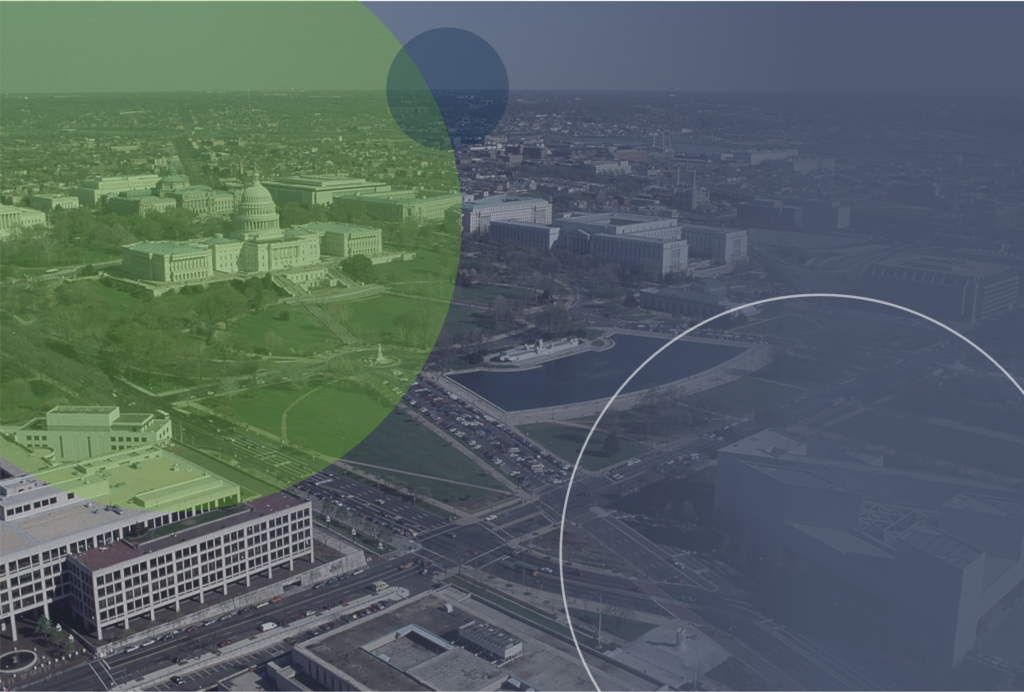Federal Judge Considers UCLA Research Grant Restoration U.S. District Judge Rita F. Lin indicated she is leaning toward ordering the Trump Administration to restore $500 million in frozen UCLA medical research grants for studies related to Parkinson’s, cancer treatment and nerve regeneration, though no formal ruling has been issued yet.
Key Takeaway: This potential ruling could provide critical funding stability for academic medical centers conducting essential research, offering hope for other institutions facing similar grant freezes while highlighting the ongoing uncertainty research hospitals face under current federal policies.
RFK Jr.’s Vaccine Panel Delays Hepatitis B Decision Health and Human Services Secretary Robert F. Kennedy Jr.’s vaccine panel postponed a vote on whether to delay the first dose of the hepatitis B shot from birth to at least one month, keeping the current 1991 recommendation in place that all infants receive the vaccine within 24 hours of birth, while states like California, Oregon and Washington are forming their own health care advisory recommendations that may differ from federal guidance.
Key Takeaway: Hospitals and healthcare providers may need to navigate conflicting vaccination recommendations between federal and state authorities, potentially creating confusion in clinical protocols and requiring careful coordination to maintain consistent patient care standards.
Texas Border Health System Strain A rural county on the Texas-Mexico border with one of the highest uninsured rates in the nation demonstrates how new federal rulings impact healthcare delivery, with primary care doctors in Starr County serving an average of 3,900 people (three times the U.S. average) and hospitals dealing with patients who use emergency rooms as their primary healthcare access point.
Key Takeaway: Rural hospitals and clinics serving large uninsured populations will face increased financial strain with limited federal reimbursement, forcing these safety-net providers to manage higher patient volumes with fewer resources.
Ousted CDC Director Testifies Former CDC Director Susan Monarez testified before a Senate committee about the incidents leading to her firing by RFK Jr., highlighting changes in federal vaccine policies and raising concerns about future trust in healthcare institutions.
Key Takeaway: Healthcare institutions may face increased public skepticism and policy uncertainty as federal health leadership changes create instability in public health guidance and recommendations that hospitals rely on for patient care protocols.
Medicaid Overhaul Shifts Burden to States States bear responsibility for implementing sweeping federal Medicaid changes beginning in 2027, including work requirements for expansion enrollees, more frequent eligibility determinations, and competing for $50 billion in rural health funding, while preparing austerity measures like cutting optional benefits and reducing provider payment rates as they await federal guidance on technology requirements.
Key Takeaway: Hospitals will face reduced Medicaid reimbursements while serving an estimated 10 million newly uninsured individuals, forcing difficult operational decisions and potentially compromising care delivery as state budgets struggle to maintain essential health services.
Republicans Propose Stopgap Healthcare Funding House Republicans introduced a seven-week continuing resolution that extends certain Medicaid programs for rural hospitals, delays $8 billion-per-year Medicaid disproportionate share hospital cuts affecting 2,500 hospitals, and extends Medicare telehealth flexibilities, but notably excludes ACA subsidy funding that Democrats have demanded.
Key Takeaway: While the temporary delay in disproportionate share hospital cuts provides short-term financial relief for safety-net and rural hospitals, the exclusion of ACA subsidies and uncertain long-term funding creates ongoing financial instability for healthcare providers serving vulnerable populations.
On the Horizon
With the October 1 deadline looming, Congress is deadlocked over a continuing resolution (CR) to fund the government temporarily versus full appropriations for FY 2026. Key disagreements are emerging over healthcare — particularly the fate of Medicaid cuts and the extension of Affordable Care Act (ACA) subsidies — and whether those issues should be bundled into must-pass funding legislation. Republicans in the House favor a “clean” stopgap spending bill with minimal policy changes, including some added security funding after recent threats to public officials. Senate Democrats are resisting bills that don’t address what they see as harmful cuts to healthcare programs. Because of the Senate’s filibuster rule, Republicans will likely need some Democratic votes to pass any CR, putting Democrats in a relatively strong negotiating posture.
